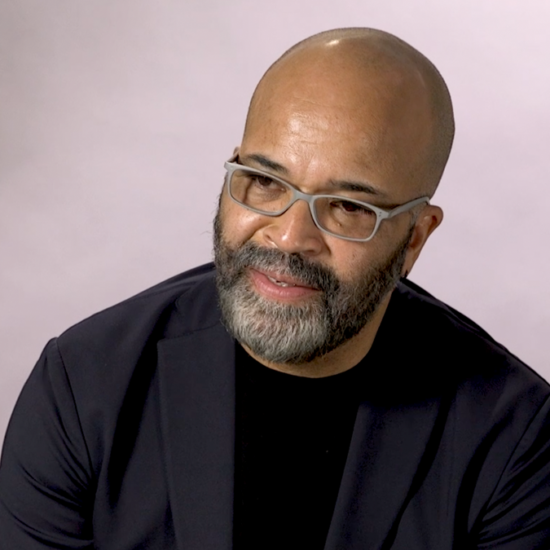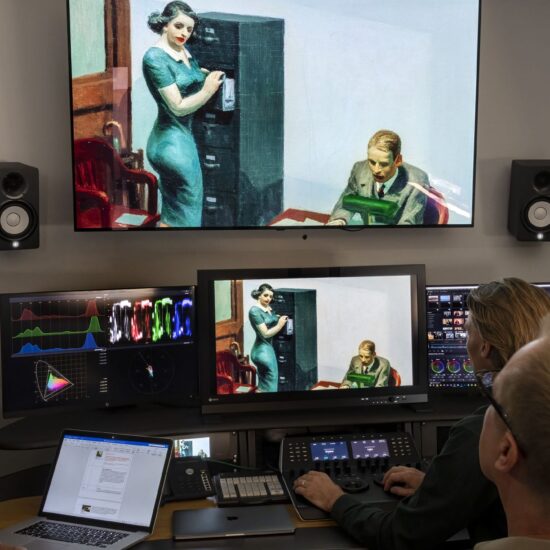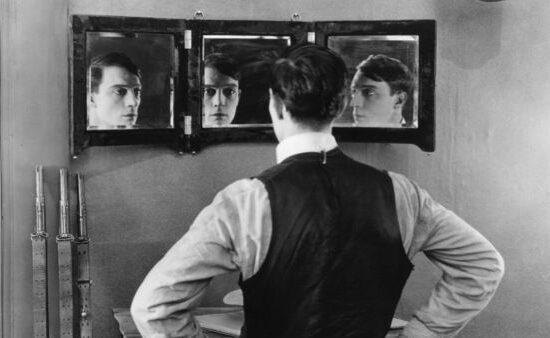
Eve Passman looks at how Mel Brooks uses humor to counteract the “encroaching darkness of life’s banality.”
Written as part of the American Masters Digital Archive project, this essay draws on original interviews conducted for “Mel Brooks: Make a Noise” directed by Robert Trachtenberg, including extensive conversations with Matthew Broderick, Nathan Lane, Rob Reiner and Joan Rivers.
Comedy occupies a curious position in the world, or at least in American society. For me, and for many others I would presume, comedy scatters the encroaching darkness of life’s banality. Routine, conformity and correctness confine all of us, and comedy is that obstinate leech that feasts on that darkness produced by the utter boredom that pervades.
But strangely, for most of us, the moments where we seize these boundaries that confine us and kick them open (or at least nudge the door open), have their own protocol. We wait for a movie, a Netflix binge, a radio show or a stand-up comedy routine. We laugh, in controlled exhalations, and marvel at that greatness. Perhaps we even wonder why every day cannot be this cathartic. In fact, as I watched “Mel Brooks: Make a Noise,” I wondered whether it would be possible to get a pocket-sized Mel Brooks so I could experience life in this vivid color indefinitely. Unfortunately for us, technology has not yet advanced that far.
Comedians like Brooks elevate life through one word: “No.” No, I will not lower my voice. No, I will not sit down. No, I will say this, and you’ll like every word of it. Carol Arthur, an actress who worked with Brooks on “Blazing Saddles” and “Silent Movie,” summarized this quality in Brooks, which can only aptly be called bravery. When discussing Brooks’ audacious film “Blazing Saddles” in an interview for “Mel Brooks: Make a Noise,” she lauded the bravery involved in creating a film with such groundbreaking use of humor. According to Arthur, “He’s the bravest in this world because he just faced the world and he said, ‘This is what I want to do.’ And he came from a very meager beginning and he decided what he was going to do and he did in face of everybody telling him, ‘No. No. No.’”
This is an audacious maneuver. Brooks’ friend and co-screenwriter for films like “Silent Movie” and “High Anxiety,” Barry Levinson, like many other interview subjects, agreed that Brooks’ brand of comedy was entirely distinct. While other comedians extracted little laughs from audiences, drawing on familiar comedic tropes like family and love, Brooks pursued an elevated form of comedy that physically engulfed you. “Mel was not interested in a little laugh. He literally wanted you to collapse and fall on the ground, and can’t breathe, that’s the moment of comedy that he would like.”
Indeed, Brooks is nothing short of fearless. In “The Producers,” a film created by Brooks in 1968 and then adapted into a Broadway play in 2001 with record-breaking success, Brooks directed his comedic prowess to disarm Adolf Hitler. Brooks, born into poverty in Williamsburg, Brooklyn, had helped defeat the greatest enemy of the Jewish people, and one of the greatest threats to the West once before. During World War II, Mel served in the United States Army, embodying bravery in one of its most familiar forms. Thirteen years after the war ended, however, he again summoned his courage, pursuing the enemy in a way that was unprecedented. Carl Reiner, a longtime friend and colleague of Brooks said, “I love the fact that Mel Brooks is the only one in the world who dared to do to Hitler, what Hitler did to the Jews, he decimated him by making fun of him.”
So infamous is Hitler that the mere mention of his name jolts the listener into some hyper-vigilant state. What one does to disrupt the silence, or, more precisely, what one should do remains debatable. Many prefer that he be addressed only in careful criticism. Brooks clearly disagrees. Instead he wages war against Hitler through comedy, laying bare his insanity like an open wound.
Through this laughter, the weight of World War II and the weight of the world becomes something more digestible. It is this sort of comedy that enables the world to carry on. My professor at New York University, author James McBride, told my class, “Anyone can be a critic,” and pointed to “The Producers” as an example of a different and more potent form of critique. There are billions of voices in this world who are more than willing to offer their critiques of any public enemy, whether it is Hitler or Joseph Stalin. But these voices dissipate. Comedy disarms and it endures.
Few, however, possess the rare, serendipitous combination of intelligence, bravery and charisma which seems to overflow from the Mel Brooks spring. Each interviewee for this documentary emphatically emphasized their utter reverence for Brooks as both an artist and a human being. Perhaps Matthew Broderick, an actor who played Leo Bloom in the Broadway production of “The Producers,” summarized this affection most succinctly: “I love him. And I loved him before I knew him. You know, that’s the peculiar thing, when you have these people who you know through their work and it’s always strange when you have to greet the real, whole person. But, I love the real person so it was quite easy,” he said.
But comedy need not be waged against a foe as grave as Hitler, or in a person as indelible as Brooks. Comedy is nothing short of a resistance against the mundane. While the majority of the world falls in its utterly bored line, people like Brooks create their own line, scattering the darkness along the way.
















